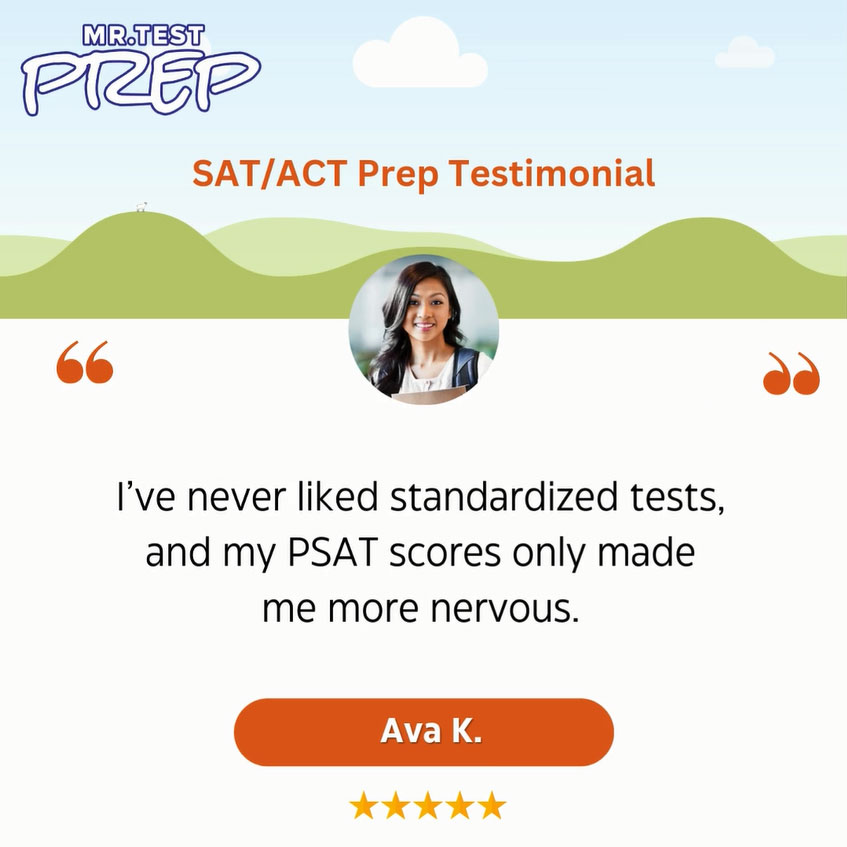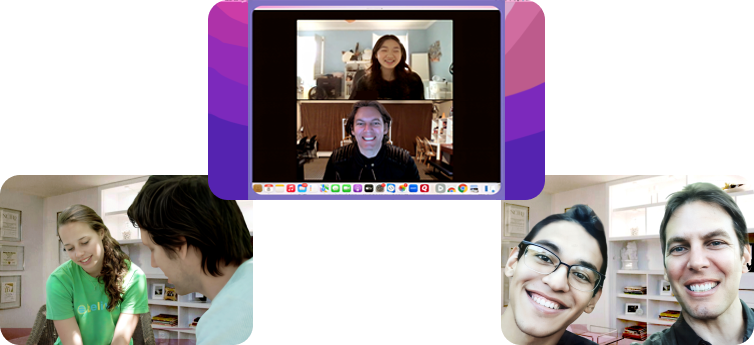
You’ve been working hard and now it’s almost showtime. The night before an exam can feel like you’re standing on the edge of a cliff, looking out over a daunting sea of stress and anxiety. But fear not! Climbing down that path, avoiding things that can trip you up, is your first step to success. In this guide, we’re diving into some common pitfalls to avoid the night before your big test. Think of it like prepping for a marathon: just as you wouldn’t eat junk food or pull an all-nighter before a big race, there are certain habits to steer clear of before your exam. Understanding and addressing these concerns can set you on the right path toward confidence and clarity.
Table of Contents
- Why All-Nighters Are Not Your Friend
- Unplug: Tips on Reducing Screen Time
- Why Skipping Caffeine Boosts Performance
- How to Avoid Last-Minute Crams
Why All-Nighters Are Not Your Friend
Pulling an all-nighter might seem like a badge of honor among students, but in reality, it’s more like shooting yourself in the foot before a race. Just imagine running a marathon on zero sleep; it sounds tough, right? Without a proper night’s rest, your brain struggles to process and recall information, which is exactly what you need for exam day. Sleep is your brain’s best tool for locking in everything you’ve learned. It’s like hitting the save button on a computer file, storing away all your hard work safely.
Studies have shown that a good night’s rest before an exam can significantly boost performance, while lack of sleep can lead to cognitive overload and impaired memory. Plus, sleep helps reduce stress, a key factor when facing those exam jitters. Prioritize getting at least 7-8 hours of quality sleep. If you’re someone who tends to feel anxious the night before, try incorporating relaxation techniques like a warm bath or some calming music to help drift off peacefully. Remember, you’ve done the groundwork, and now it’s time to let your mind and body recharge so you can perform at your best when it matters most.
Unplug: Tips on Reducing Screen Time
In today’s digital age, avoiding screens can feel like asking a fish to avoid water. However, the benefits leading up to exam night are worth the effort. Prolonged screen time, whether it’s binge-watching your favorite series or scrolling through social media, can make your brain feel restless and wired. Think of it like being in a noisy room when you’re trying to concentrate; it’s hard to find peace and clarity.
The blue light emitted by phones, tablets, and laptops can disrupt your sleep cycle by tricking your brain into thinking it’s still daytime. This can lead to difficulty falling asleep at just the moment when rest is most crucial. Instead of screen time, try focusing on activities that relax and prepare your mind for a good night’s sleep. Consider reading a book, doing a short mindfulness exercise, or writing in a journal.
Setting a screen-time curfew about an hour before bed can also be highly effective. This means no Instagram, Netflix, or YouTube—and, yes, that includes endless memes! By unplugging, you allow your mind to unwind, helping reduce anxiety and improve sleep quality. Embrace offline time and feel the calmness settle as you prepare for success.
Why Skipping Caffeine Boosts Performance
Caffeine can seem like a magic potion that turns sleepiness into alertness, especially when you’re prepping for an exam. But here’s the twist: consuming too much caffeine the night before an exam can backfire. It’s like hitting the gas pedal on an empty tank—sure, you might get a little boost, but you’ll eventually sputter out. While a moderate amount can help with focus during a study session, overloading on coffee or energy drinks can interfere with your sleep, leaving you jittery and anxious.
Avoid the trap of late-night caffeine binges that promise energy but deliver restlessness. When you’re restless, your brain doesn’t get the recovery time it needs, resulting in diminished concentration and recall on exam day. Instead, consider consuming caffeine in the morning or early afternoon and switch to herbal teas or water in the evening to let your body naturally prepare for sleep.
Try incorporating foods and drinks that naturally support relaxation, like a warm glass of milk or chamomile tea, as part of your nighttime routine. These small adjustments will help you get restful sleep and rise with the focus and calm confidence needed to tackle your exam effectively, without the caffeine crash. Trust in these strategies to help keep your brain sharp and calm.
How to Avoid Last-Minute Crams
The temptation to cram everything the night before an exam is like trying to stuff a suitcase that’s already full—it creates chaos and nothing fits properly. While the urge to review every detail might hit hard, cramming new information last minute often leads to confusion rather than clarity. This is because your brain needs time to consolidate information, and rushing this process can cause more harm than good.
Instead of cramming, focus on what you already know. Skim through summaries, practice with past papers, or do a quick review of key concepts. These activities help reinforce existing knowledge without overwhelming your brain. It’s like giving a speech you’ve memorized versus one you’re trying to learn moments before stepping on stage—the confidence comes from familiarity, not last-minute facts.
Create a pre-exam checklist and set realistic goals for the night. This structured approach helps you cover what’s necessary without the stress of feeling unprepared. Try integrating mindfulness exercises or meditations to calm your mind and enhance focus. Remember, productive study is about quality, not quantity, and avoiding the cramming trap means trusting in your preparation and giving your mind the rest it needs to perform smoothly under pressure. This shift in strategy prioritizes relaxation, leading to better mental clarity on exam day.
Conclusion
Navigating the night before an exam doesn’t have to feel like a high-stakes game of chance. By avoiding common pitfalls like pulling all-nighters, excessive screen time, caffeine overload, and last-minute cramming, you set a positive stage for success. These practices help create a calm, focused, and well-rested mind ready to tackle the challenges of exam day. Remember, you’ve put in the work; now it’s time to trust your preparation and give both body and mind the break they deserve. As you follow these tips, you’re not just preparing for an exam, but also building habits that support lifelong learning and stress management. Embrace this healthy approach, and enter the exam room with confidence and clarity.
FAQs
Q: Why is sleep so important the night before an exam?
A: Sleep helps consolidate your learning and allows your mind to rest, enabling you to recall information more effectively and ensuring you perform at your best during the exam.
Q: Can’t caffeine help me stay awake and focus before the test?
A: While caffeine can improve alertness, too much can lead to restlessness and disrupt your sleep. Avoid consuming it late in the day to ensure a restful night and optimal focus the next day.
Q: What if I feel anxious the night before my exams?
A: Anxiety is common, but practices like deep breathing, mindfulness exercises, and setting a calm environment can help ease nerves. Focus on relaxation techniques rather than cramming to build confidence and calm.
What is Next?
As you prepare for your upcoming exams, remember that strategy and mindset are as crucial as the study material itself. Incorporating these healthy routines into your study practice will benefit both your academic journey and personal well-being. If you need more personalized support, consider signing up for a 2-hour free trial session with Mr. Test Prep. His unique approach, which includes confidence-building and mindfulness practices, can help elevate your test-taking skills. The testimonials speak for themselves, highlighting the positive transformations many students experience. With Mr. Test Prep, you’ll gain access to decades of experience and a focus on building rapport and trust. Prepare to boost your confidence and enhance your exam preparation through his comprehensive, online tutoring program.





